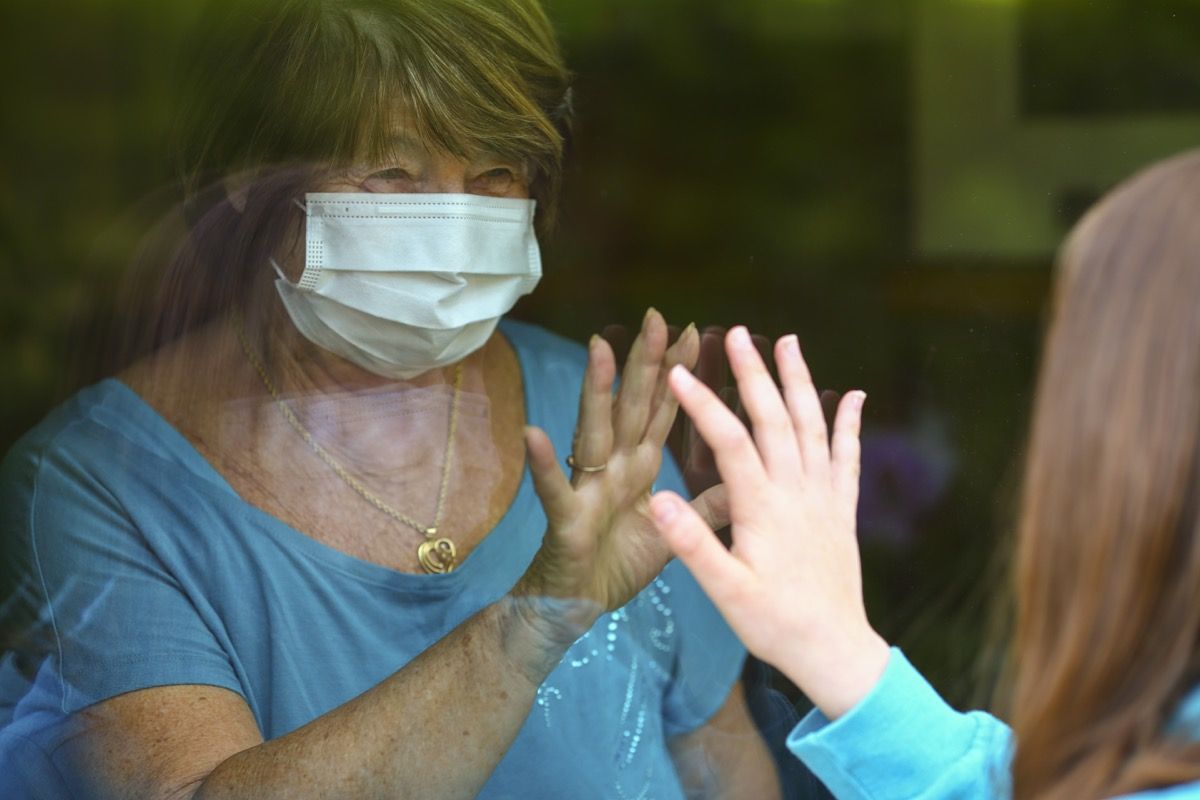According to the CDC, at the virus’ peak on April 18th, people above the age of 55 accounted for more than 15,000 coronavirus deaths, while those under the age of 24 accounted for fewer than 20. Paul Monagle, MD, a pediatric hematologist at the Royal Children’s Hospital in Melbourne, Australia, told Newsweek that he believes the “likely explanation” for the difference in COVID-19 mortality rates between young and old people relates to specific differences in their blood vessels. Blood clots have emerged as one of the more serious complications related to coronavirus; in a 2020 study published in the journal Thrombosis Research, among 184 severe coronavirus cases in the Netherlands, 31 percent had some type of blood clotting issue. A study published in The New England Journal of Medicine on May 21 found that these blood clotting issues in coronavirus cases may be caused by injury to a person’s endothelium, the layer of cells that coat blood vessels and provide a barrier between blood and tissue. “One of the great mysteries of COVID-19 has been why blood clots, or thrombosis, form in some patients who are infected,” William Li, MD, president and medical director of the Angiogenesis Foundation and co-author of the New England Journal of Medicine study said in statement. Li explained that when these blood clots form, they can severely restrict blood flow in the brain, heart, lungs, and other areas of the body, potentially leading to death. “Our research is the first to show that these clots are associated with damaged blood vessels,” said Li.ae0fcc31ae342fd3a1346ebb1f342fcb RELATED: For more up-to-date information, sign up for our daily newsletter. While a 1994 study published in the Journal of the American College of Cardiology suggests that damage to the endothelium is part of the normal aging process in most adults, Monagle believes that developing endothelia in children are what’s preventing kids from developing severe cases of coronavirus, as it protects their blood vessels, keeping them healthier and less likely to incur damage that might cause clots. Monagle’s team will be testing this theory by researching how coronavirus affects blood clot formation in experiments using plasma and blood from children, adults, and elderly people. “We will then test multiple potential drugs that could ameliorate the clotting effect, to determine the likely best candidates to take to a clinical trial,” Monagle told Newsweek. “I think it is possible this work will help with treatments and also may help to predict which patients are at highest risk.” And if your kid is feeling under the weather, make sure you know these 7 Signs Your Child Could Have Coronavirus.
